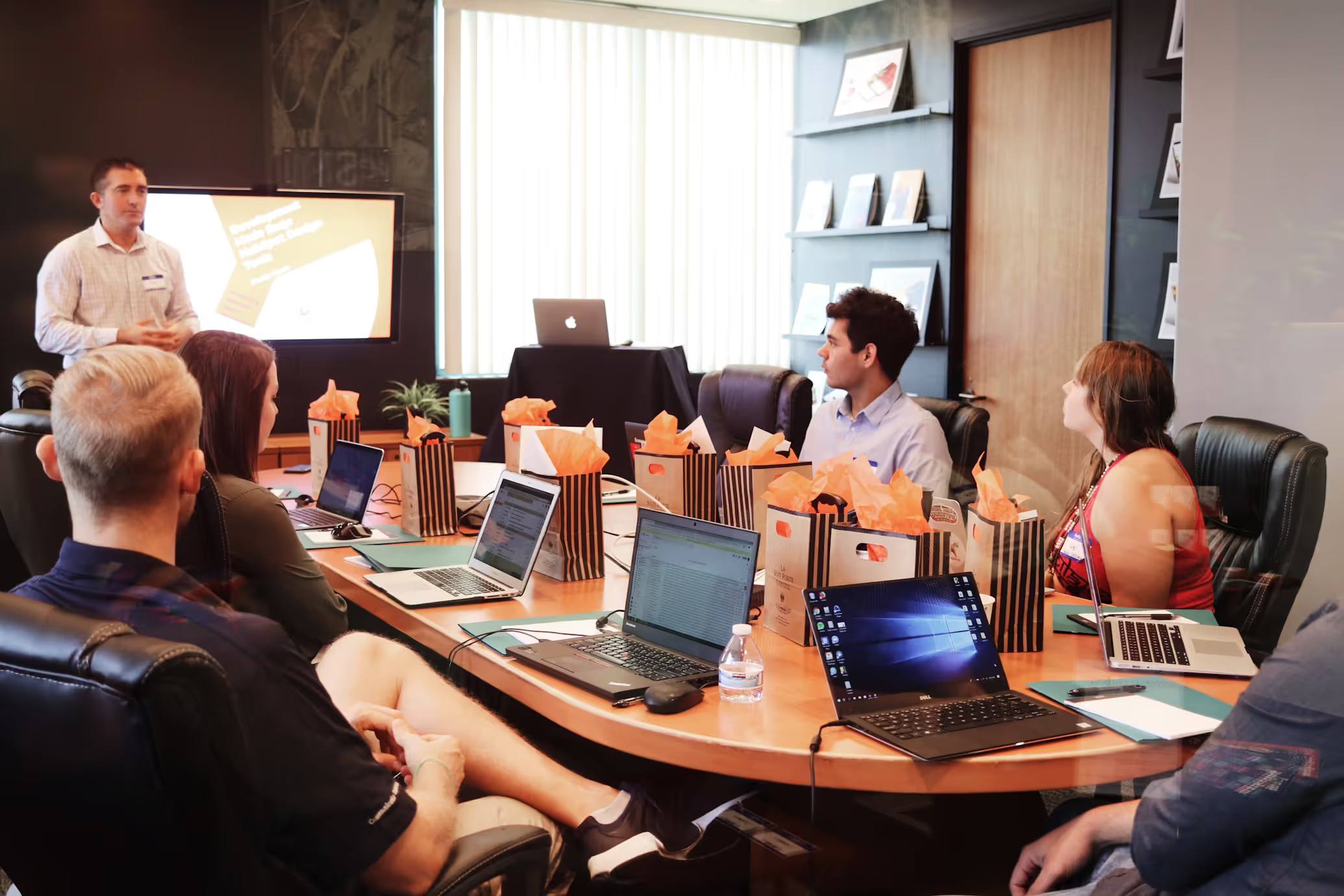In an era where quarterly earnings often overshadow long-term vision, the concept of sustainable business growth has never been more critical. The most successful companies of the next decade won’t just be those that grow fast—they’ll be those that grow responsibly, creating value for all stakeholders while building resilient business models that can weather economic storms and adapt to changing market conditions.
Redefining Business Success: Beyond Short-Term Profits
Traditional business metrics focus heavily on immediate financial returns, often at the expense of long-term sustainability. At Trade Guild Consulting, we help our clients redefine success by implementing comprehensive measurement frameworks that balance financial performance with environmental impact, social responsibility, and stakeholder value creation.
Sustainable business growth isn’t about sacrificing profitability—it’s about building business models that generate consistent, long-term value while contributing positively to society and the environment. Our clients who embrace this approach consistently outperform their peers in both financial returns and market resilience.
The Three Pillars of Sustainable Growth
Economic Sustainability: Building Resilient Business Models
Economic sustainability forms the foundation of any successful business. However, true economic sustainability goes beyond maximizing short-term profits. It involves creating business models that can adapt to changing market conditions, economic downturns, and industry disruptions while maintaining consistent value creation.
We help our clients develop economically sustainable strategies by focusing on:
- Diversified Revenue Streams: Reducing dependence on single products, services, or markets
- Operational Efficiency: Optimizing processes to reduce waste and improve productivity
- Innovation Investment: Allocating resources to research and development that drives future growth
- Financial Resilience: Building strong balance sheets that can weather economic uncertainty
Environmental Responsibility: The New Competitive Advantage
Environmental sustainability is no longer just a moral imperative—it’s a business necessity. Companies that proactively address environmental challenges often discover new opportunities for innovation, cost reduction, and market differentiation.
Our environmental sustainability consulting helps businesses:
- Reduce Operational Costs: Through energy efficiency and waste reduction initiatives
- Access New Markets: By developing environmentally friendly products and services
- Attract Top Talent: As employees increasingly prefer working for responsible companies
- Mitigate Regulatory Risk: By staying ahead of environmental regulations and standards
Social Impact: Creating Shared Value
Social sustainability involves creating positive impacts for employees, customers, communities, and other stakeholders. Companies that prioritize social responsibility often enjoy higher employee engagement, stronger customer loyalty, and better community relationships.
We guide our clients in developing social sustainability strategies that include:
- Employee Well-being: Creating positive work environments that support professional and personal growth
- Community Engagement: Building meaningful relationships with local communities and stakeholders
- Ethical Business Practices: Implementing transparent and fair business practices throughout the organization
- Inclusive Growth: Ensuring that business success benefits diverse stakeholder groups
The Business Case for Sustainability
Risk Mitigation and Resilience
Sustainable business practices inherently build resilience by diversifying risks and reducing dependence on volatile resources or markets. Companies with strong sustainability practices are better positioned to navigate supply chain disruptions, regulatory changes, and market volatility.
Innovation and Market Opportunities
Sustainability challenges often drive innovation, leading to new products, services, and business models. Our clients have discovered significant market opportunities by addressing sustainability challenges, from developing circular economy solutions to creating products that help other businesses reduce their environmental impact.
Access to Capital and Investment
Investors are increasingly prioritizing Environmental, Social, and Governance (ESG) factors in their investment decisions. Companies with strong sustainability credentials often enjoy better access to capital, lower borrowing costs, and higher valuations.
Brand Value and Customer Loyalty
Consumers are increasingly making purchasing decisions based on company values and practices. Businesses that demonstrate genuine commitment to sustainability often enjoy stronger brand loyalty, premium pricing opportunities, and positive word-of-mouth marketing.
Implementing Sustainable Growth Strategies
Assessment and Baseline Establishment
The journey toward sustainable growth begins with a comprehensive assessment of current practices and their impacts. We help clients establish baselines across economic, environmental, and social dimensions, identifying areas for improvement and opportunities for value creation.
Strategic Planning and Goal Setting
Sustainable growth requires clear objectives and measurable targets. We work with clients to develop strategic plans that integrate sustainability goals with business objectives, ensuring alignment between purpose and profit.
Implementation and Change Management
Transforming business practices requires careful change management and stakeholder engagement. Our implementation support helps clients navigate the complexities of organizational change while maintaining operational effectiveness.
Monitoring and Continuous Improvement
Sustainable growth is an ongoing journey that requires continuous monitoring and adjustment. We help clients establish measurement systems and feedback loops that enable continuous improvement and adaptation to changing conditions.
The Future of Sustainable Business
As we look toward the future, sustainable business practices will become increasingly important for competitive advantage. Regulatory requirements are tightening, consumer expectations are rising, and investors are demanding greater accountability for environmental and social impacts.
The companies that thrive in this environment will be those that view sustainability not as a constraint or cost center, but as a source of innovation, differentiation, and long-term value creation. They will build business models that create positive impacts while generating strong financial returns, proving that doing good and doing well are not mutually exclusive.
Conclusion
Sustainable business growth represents the future of successful enterprise. By balancing economic performance with environmental responsibility and social impact, companies can build resilient business models that create value for all stakeholders while contributing to a better world.
At Trade Guild Consulting, we combine MBA-level strategic expertise with deep sustainability knowledge to help our clients achieve sustainable growth that stands the test of time. Our approach ensures that businesses don’t just survive in the changing marketplace—they thrive by leading the transformation toward a more sustainable and equitable economy.
The question isn’t whether your business can afford to embrace sustainability—it’s whether you can afford not to. The companies that act now will be the leaders of tomorrow, while those that wait may find themselves struggling to catch up in an increasingly sustainability-focused marketplace.
